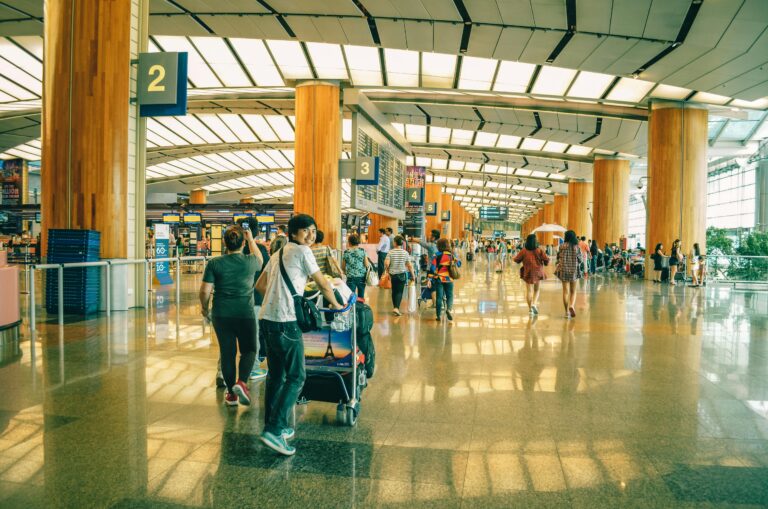For many digital-first entrepreneurs, selecting a city to live and work in is less about lifestyle perks and more about whether the location supports sustained focus. Visa conditions, reliable internet, healthcare systems, and affordable coworking often prove more decisive than scenery. The following leaders explain how their choices played out across different cities, highlighting what worked—and what didn’t when it came to productivity.
Balancing Costs With Local Access

Gerald Ming, owner of Batik.com.my, relied on Kuala Lumpur for affordability and stability, with rent under $600, coworking for $150, and accessible healthcare. Being local removed visa concerns, which lowered stress. Bali, however, proved difficult due to inconsistent WiFi that disrupted client calls, limiting its effectiveness despite lower living costs.
“Kuala Lumpur kept things practical and predictable, while Bali’s poor connectivity made productivity harder.”

Yoan Amselem, managing director of the German Cultural Association of Hong Kong, found Berlin supportive, with a resident visa, €2,200 monthly spend, and strong cultural networks. Manila, by contrast, posed difficulties with WiFi stability during calls. He advises monitoring currency shifts and reassessing costs quarterly to avoid staying in draining locations.
“Regularly reviewing numbers prevents getting stuck somewhere that undermines focus.”
Visas and Cost Ceilings

Aaron McGurk, managing director of Wally, prioritizes visas that allow stays of at least six months, targeting $1,500–$2,000 per month with reliable coworking and WiFi. Vietnam fit well with affordable housing and strong internet, while Austin, though rich in networking, exceeded $2,800 in rent alone, creating financial stress that reduced focus.
“Even strong networking scenes lose their value if costs become unsustainable.”

Chad Lipka, president of North Shore Sauna, structures his approach around visas, cost-of-living below $2,500, and dependable internet. Helsinki stood out, with predictable costs near $2,300, reliable transport, and cultural familiarity that supported deep work. Bali, in contrast, offered inconsistent WiFi, visa complications, and inflated expat costs that undermined focus.
“Many cities look cheap until hidden expat costs add up and disrupt productivity.”
Learning From Sustainable vs. Unsustainable Bases

Michael Cohen, founder and CEO of Imperial Stone Group, bases his choices on dependable infrastructure, cost control, and ease of doing business. Lisbon worked, with housing, coworking, healthcare, and taxes aligning under a $2,500 monthly target. Bali, however, fell short due to WiFi gaps, healthcare limits, and the strain of repeated visa runs.
“A good base removes obstacles so you can focus on work rather than logistics.”

Ibrahim Alnabelsi, VP of New Ventures at Prezlab, highlighted Kuala Lumpur as effective, offering a $700 monthly setup with stable WiFi, healthcare access, and coworking support. Berlin, however, pushed his budget to $2,500, creating financial stress that undercut his ability to sustain productivity.
“Sustainability matters more than the reputation or hype of a city.”
Together, these experiences underscore that effective travel bases are defined less by aesthetics and more by practical frameworks. Visa length, cost ceilings, internet stability, and healthcare access consistently determine whether a city supports or undermines digital first work.









